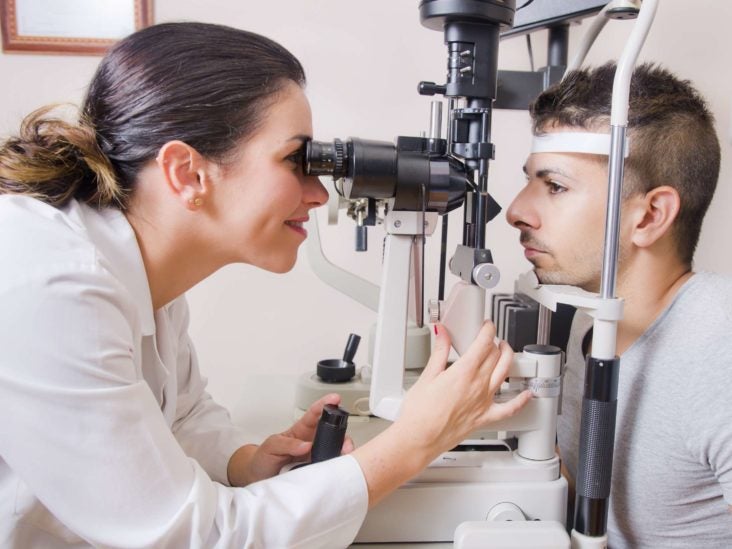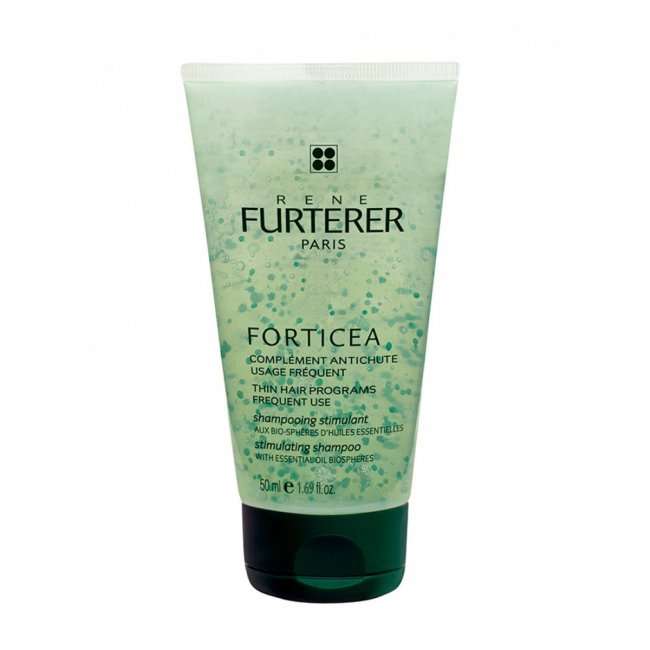
Different Types of Opticians
Opticians are the professionals who help people see better and are classified as both visual scientists and health care professionals. They fit, adjust, and repair eyeglasses, contact lenses, and other vision aids.
There are three types of opticians: dispensing opticians, laboratory technicians, and optical assistants.
Dispensing Opticians
Dispensing opticians provide eye care services to patients by examining eyes for defects or disease; fitting patients with corrective lenses; making adjustments to existing frames; and providing patient education about proper lens care and cleaning techniques. Dispensing opticians also fill prescriptions for corrective lenses such as glasses or contact lenses. Some dispensing opticians specialize in one area of vision correction such as contact lenses or low vision aids.
Laboratory Technicians
Laboratory technicians work with optical designers to make glass blanks used in making prescription eyeglasses. They inspect finished glass blanks to ensure they meet quality standards before they’re shipped out to doctors’ offices or optical shops where they’ll be fitted into frames. Laboratory technicians also grind and polish curved surfaces on glass that must be shaped precisely to fit inside a patient’s nose bridge or ear canal during the manufacturing process for contact lens materials.
Ophthalmic dispensers work under the direction of an optometrist (doctor) or ophthalmologist (eye doctor). They may dispense over-the-counter contact lenses to patients who have been fitted for them by an eye care professional. Dispensing is regulated by state law; some states require that dispensers be licensed.
Contact lens technicians work under the direction of an optometrist or ophthalmologist to fit patients with contact lenses, which correct vision problems caused by imperfections in the cornea. They put drops on the patient’s eyes to numb them before testing their vision and fitting them with lenses. Contact lens technicians also order replacement supplies such as saline solution, disinfectants and cleaning solutions, and they clean equipment such as loupes.
Retail Optician
The most common type of optician is the retail one. This person works at a store that sells glasses and contact lenses. They usually have a wide variety of frames and lenses to choose from, but they may not know much about the products they sell.

Hospital Optician
A hospital optician helps people who have lost their vision and need to learn how to use their new glasses or contact lenses as well as people who have other eye problems such as glaucoma or cataracts. These professionals are trained to teach patients how to use their new equipment properly and will make sure they know how to care for it properly so they can keep seeing clearly.
Ophthalmic Optician
An ophthalmic optician works in an ophthalmology office or a practice specializing in eye care. Their main job is to make glasses for patients who have medical conditions that require special types of eyewear such as bifocals or trifocals (lenses with three separate prescriptions). You can contact Bristol opticians for more information.


